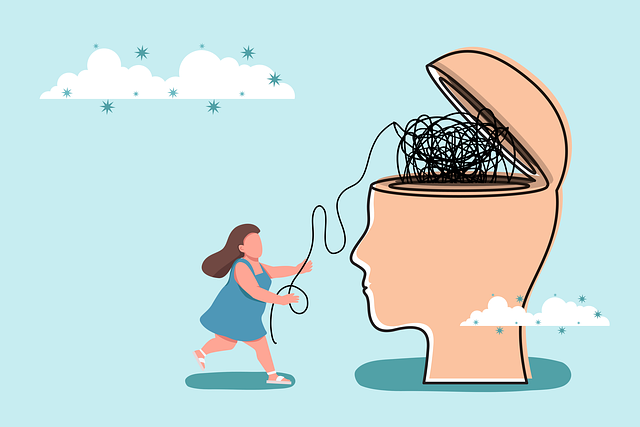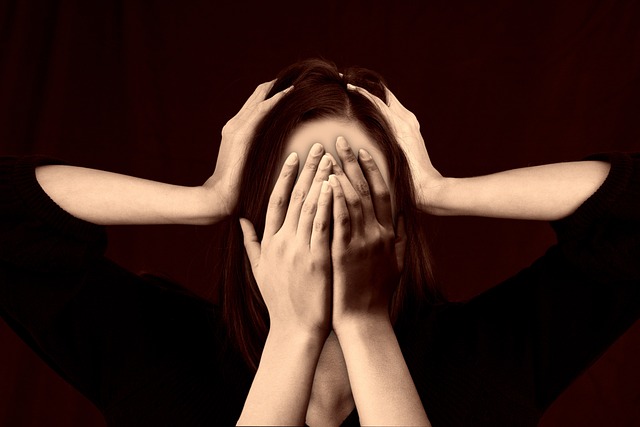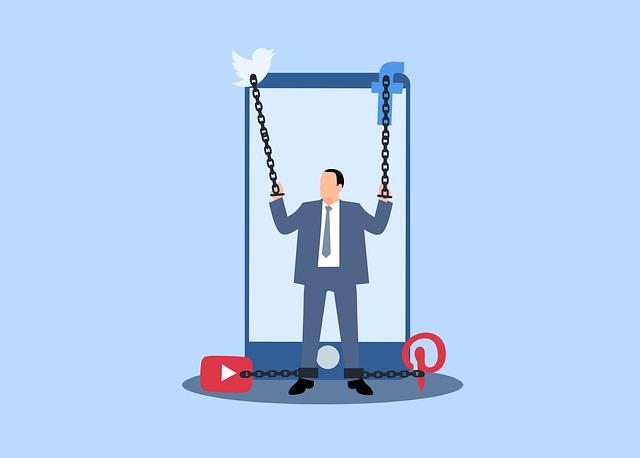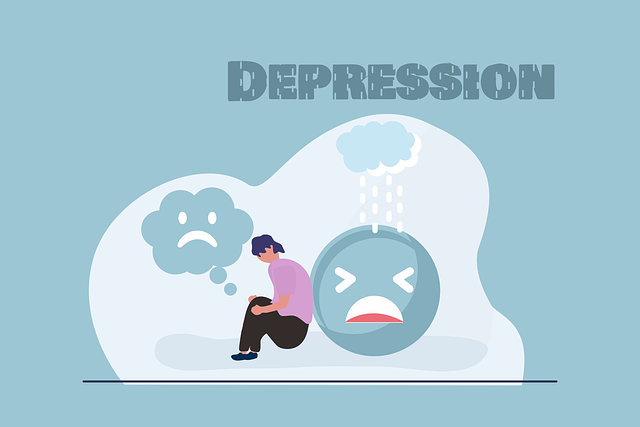Mental wellness, encompassing emotional, psychological, and social well-being, is crucial for individuals' daily functioning and overall quality of life. Issues like phobias and anxiety disorders impact not just the individual but also families, communities, and organizations. Louisville therapy centers offer crisis intervention and evidence-based strategies like stress management workshops and social skills training to improve mental wellness. The Louisville Phobias Therapy app exemplifies tech's role in transforming mental health with personalized, accessible, and culturally sensitive solutions for specific fears. Successful mental wellness apps blend user-friendly design with evidence-based practices, including CBT modules, mindfulness exercises, mood tracking, early crisis detection tools, and secure communication features with healthcare providers.
In today’s digital age, mental wellness app development has emerged as a powerful tool to support individuals navigating various challenges. This article explores the significance of mental health and its impact on daily life, highlighting the role of technology in therapy. We delve into the creation of innovative solutions, such as the Louisville Phobias Therapy App, which tackles specific issues like phobias. By examining key features and considerations, we uncover effective strategies for app development, ensuring accessibility and positive outcomes for users seeking mental wellness support.
- Understanding Mental Wellness and Its Impact on Individuals
- The Role of Technology in Therapy: Louisville Phobias Therapy App Development
- Key Features and Considerations for Effective Mental Health Apps
Understanding Mental Wellness and Its Impact on Individuals

Mental wellness encompasses an individual’s emotional, psychological, and social well-being. It affects every aspect of our lives, from how we think and feel to how we interact with others and cope with stress. Understanding mental wellness is crucial because it plays a significant role in overall health and daily functioning. Issues like phobias, anxiety disorders, depression, and other mental health challenges can profoundly impact an individual’s ability to navigate life’s demands. For instance, someone struggling with a Louisville phobia might find it difficult to engage in social activities or pursue professional opportunities due to their condition.
The impact of poor mental wellness extends beyond the individual, affecting families, communities, and even organizations. High-stress levels can lead to decreased productivity and increased absenteeism at work, while lack of social skills training can hinder effective communication and collaboration. Crisis intervention guidance is essential in such scenarios, helping individuals cope with acute distress and preventing escalation. Stress management workshops and social skills training are proven strategies that organizations like a Louisville therapy center can employ to foster mental wellness, ultimately enhancing the overall quality of life for their clients.
The Role of Technology in Therapy: Louisville Phobias Therapy App Development

Technology has revolutionized therapy, offering innovative approaches to mental wellness, particularly in addressing specific fears and phobias. The Louisville Phobias Therapy app is a prime example of how digital tools can enhance traditional therapeutic methods. This app aims to provide accessible and personalized support for individuals struggling with various phobias, using evidence-based techniques such as cognitive-behavioral therapy (CBT). By leveraging technology, users can access therapy on their own terms, breaking down barriers to care.
Cultural sensitivity in mental healthcare practice is a key consideration during app development. The Louisville Phobias Therapy app ensures inclusivity by offering content and resources that resonate with diverse cultural backgrounds, promoting effective treatment for all users. Additionally, integrating mental health education programs design elements can empower individuals to take charge of their well-being. Features like self-esteem improvement exercises cater to holistic mental wellness, reflecting the multifaceted nature of modern therapy apps.
Key Features and Considerations for Effective Mental Health Apps

When developing a mental wellness app, key features and considerations are essential to ensure its effectiveness in supporting users’ mental health journeys. Firstly, an intuitive user interface that is easy to navigate is crucial for user engagement. Features like personalized dashboards, simple navigation menus, and clear goal-setting tools encourage consistent usage and enable users to track their progress effectively.
Additionally, integrating evidence-based therapeutic techniques is vital. This can include cognitive-behavioural therapy (CBT) modules tailored to specific mental health conditions such as anxiety or depression. Incorporating mindfulness exercises, meditation sessions, and mood tracking capabilities can also enhance the app’s value. Moreover, implementing a risk assessment tool, similar to that used in Louisville Phobias Therapy, allows for early identification of potential crises, enabling prompt interventions. Ensuring privacy and data security is paramount, especially when dealing with sensitive mental health information. Lastly, integrating features that facilitate communication with healthcare providers or mental wellness coaches can improve user outcomes by offering additional support outside the app. This aligns with the broader goal of enhancing access to quality mental healthcare services, as advocated for in Healthcare Provider Cultural Competency Training and Mental Wellness Coaching Programs Development.
Mental wellness apps, such as the Louisville Phobias Therapy app, are transforming access to therapy by offering personalized support and resources. By leveraging technology, these applications cater to the growing demand for accessible mental health services. Key features like interactive exercises, progress tracking, and discreet accessibility make them powerful tools for managing various conditions, including phobias. As the field advances, developers must prioritize user privacy, evidence-based practices, and continuous improvement to ensure apps remain effective and reliable resources for enhancing mental wellness.








